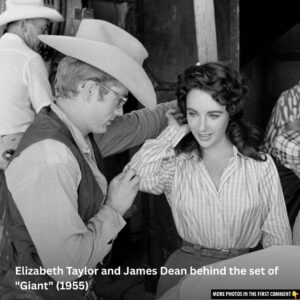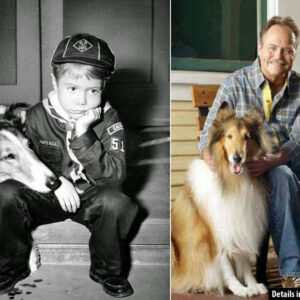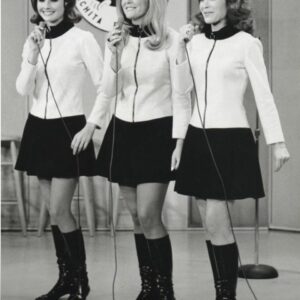Chariots of Fire, the Oscar-winning film, tells the inspiring true story of two British athletes, Eric Liddell and Harold Abrahams, who competed in the 1924 Paris Olympics. The film, released in 1981, captivated audiences with its portrayal of the athletes’ dedication, challenges, and triumphs. But beyond the cinematic portrayal lies a rich history of perseverance and excellence.
The 1924 Paris Olympics
The 1924 Paris Olympics, officially known as the VIII Olympiad, was a significant event in the history of the modern Olympic Games. Held in the City of Lights, the Games brought together athletes from around the world to compete in various sports. Among the competitors were Eric Liddell and Harold Abrahams, whose performances would become legendary.
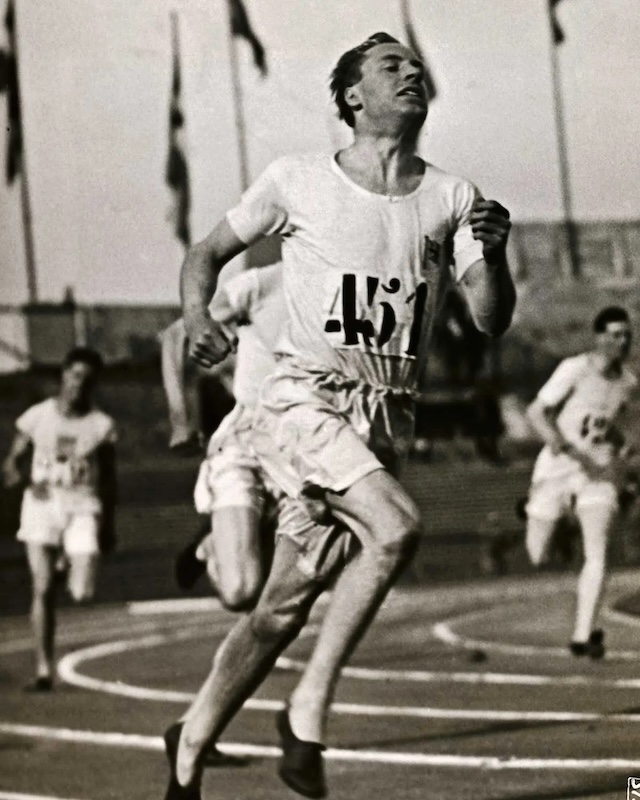
Eric Liddell: The Devout Sprinter
Eric Liddell, a devout Christian and son of Scottish missionaries, was known for his unwavering faith and athletic prowess. Liddell initially gained fame as a rugby player but soon turned his focus to track and field. His strong religious beliefs played a crucial role in his life and athletic career.
Liddell famously refused to run in the 100 meters heats at the Olympics because they were held on a Sunday, which he considered a day of rest. Instead, he competed in the 400 meters, a race he had not specifically trained for, and won the gold medal, setting a new Olympic record.
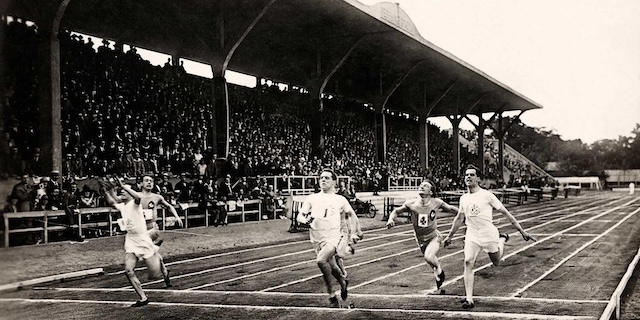
Harold Abrahams: The Determined Champion
Harold Abrahams, an Englishman of Jewish descent, was determined to overcome the anti-Semitism and social barriers he faced. Abrahams was a gifted sprinter and long jumper, and his drive to succeed led him to employ innovative training methods, including hiring a professional coach, Sam Mussabini.
His dedication paid off when he won the gold medal in the 100 meters at the 1924 Paris Olympics, becoming the first European to do so. Abrahams’ victory was a testament to his relentless pursuit of excellence and his ability to break through societal prejudices.
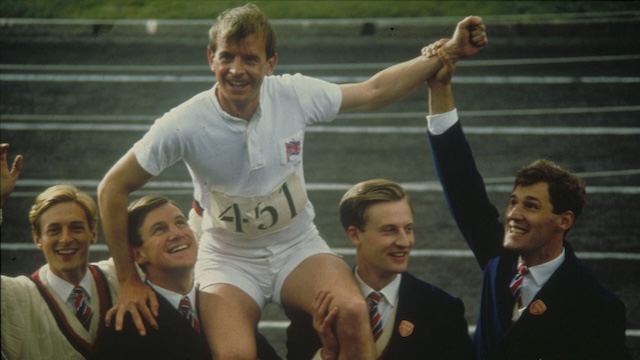
The Historic Races
The races in which Liddell and Abrahams competed are etched in Olympic history. Liddell’s unexpected victory in the 400 meters was a remarkable feat, given his lack of specialized training for the event. His performance was a powerful demonstration of faith and determination.
Abrahams’ win in the 100 meters showcased his exceptional speed and the effectiveness of his rigorous training regimen. Both athletes’ achievements were celebrated not only for their athletic excellence but also for the personal and societal barriers they overcame.
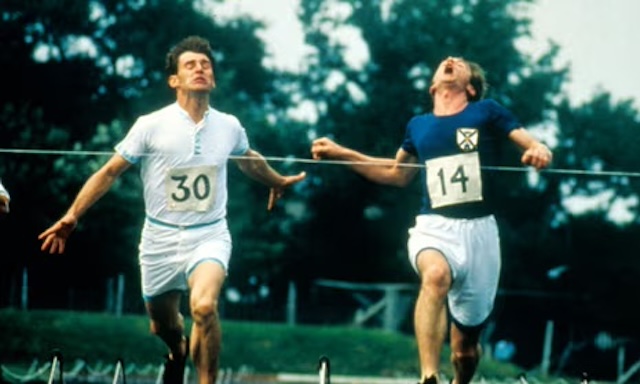
Legacy of Liddell and Abrahams
The legacy of Eric Liddell and Harold Abrahams extends far beyond their Olympic victories. Liddell’s life after the Olympics was marked by his return to China as a missionary, where he continued to serve until his untimely death in a Japanese internment camp during World War II.
His story of faith and sacrifice continues to inspire generations. Abrahams went on to have a successful career as a sports administrator and broadcaster, contributing significantly to the promotion of athletics in the UK. Their stories are a testament to the enduring power of perseverance, faith, and the human spirit.
The Making of Chariots of Fire
The film Chariots of Fire brought the stories of Liddell and Abrahams to a global audience. Directed by Hugh Hudson and written by Colin Welland, the film was praised for its historical accuracy, compelling narrative, and memorable score by Vangelis.
The film won four Academy Awards, including Best Picture, and remains a beloved classic. It not only highlighted the achievements of Liddell and Abrahams but also underscored the broader themes of dedication, faith, and the pursuit of excellence.
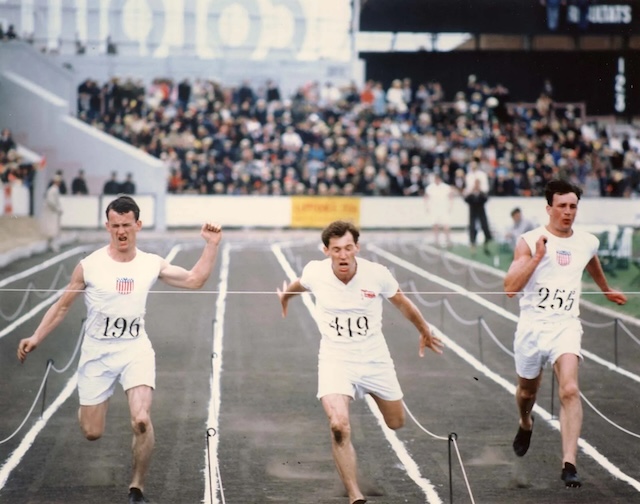
In conclusion, the real-life stories of Eric Liddell and Harold Abrahams, as depicted in Chariots of Fire, continue to inspire with their powerful messages of faith, determination, and overcoming adversity. Their legendary performances at the 1924 Paris Olympics remain a testament to the enduring spirit of the human will and athletic excellence.
